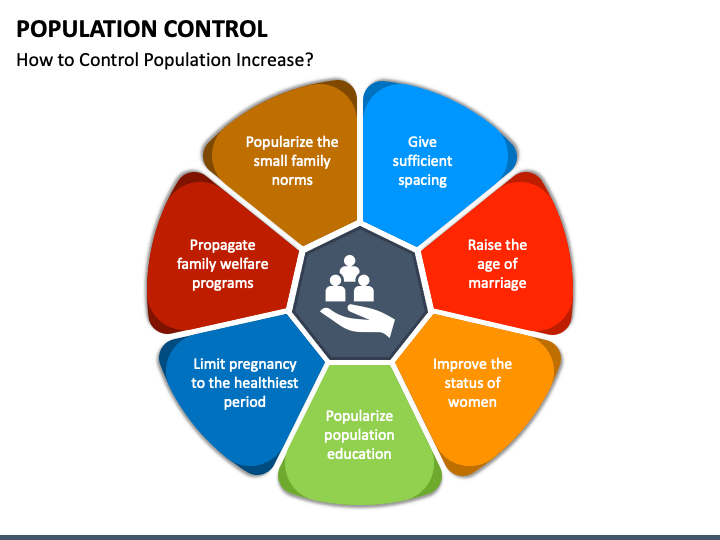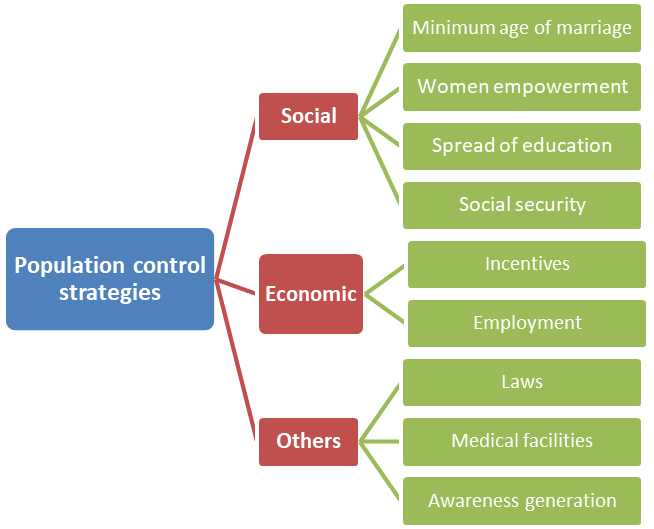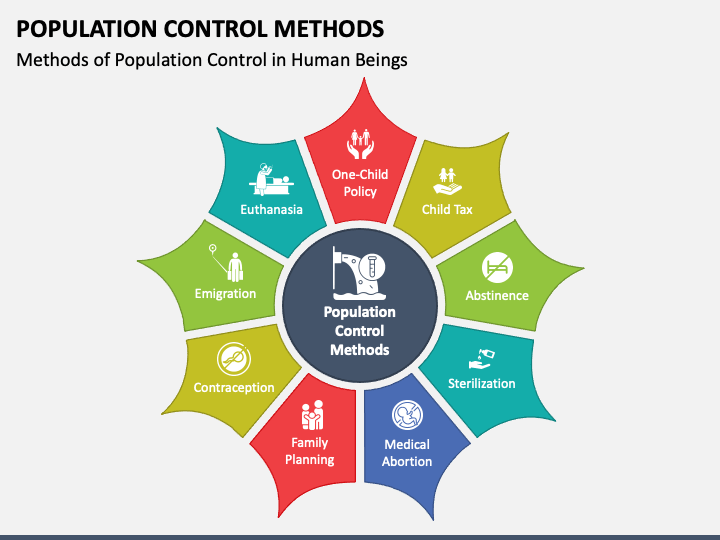
Population growth is a major concern for many governments worldwide. Rapidly increasing populations can strain resources, create economic challenges, and impact the environment. To address these issues, governments implement various population control strategies aimed at managing growth rates effectively while ensuring the well-being of citizens.

One of the most effective methods for population control is family planning. Governments promote the use of contraceptives, birth control methods, and reproductive health education to empower individuals and families to make informed decisions. Organizations like the World Health Organization (WHO) and United Nations Population Fund (UNFPA) support these programs globally.
Educating people about the consequences of overpopulation and the benefits of having smaller families is crucial. Governments run campaigns through television, radio, social media, and community programs to spread awareness about family planning, maternal health, and responsible parenting.
Some countries offer financial incentives to encourage smaller families. For example, tax benefits, cash rewards, and priority access to government services are provided to families with fewer children. Conversely, disincentives such as higher taxes for larger families or restrictions on government subsidies can also be implemented to regulate population growth.
Educated women tend to have fewer children and contribute more to economic development. Governments focus on improving female literacy rates, providing job opportunities, and ensuring equal rights to reduce birth rates. Studies show that when women are educated, they make better reproductive choices, leading to a decline in population growth.

Ensuring access to quality healthcare services, including maternal and child healthcare, reduces infant mortality rates and leads to better family planning decisions. Many governments invest in hospitals, clinics, and outreach programs to provide essential health services, particularly in rural and underprivileged areas.
Some countries have introduced laws to regulate population growth. China's former "One-Child Policy" is a well-known example, though it has since evolved into a "Three-Child Policy" due to demographic concerns. Other nations implement policies that encourage delayed marriage and childbirth to manage population growth effectively.

Countries experiencing high economic growth often witness a natural decline in birth rates. Governments focus on economic development, urbanization, and industrialization, as people in urban areas tend to have fewer children compared to rural populations. Improved living standards lead to changes in reproductive behavior.

Population control is a complex issue requiring a balanced approach. Governments must ensure that strategies are ethical, voluntary, and culturally appropriate. Through education, healthcare, policy interventions, and economic growth, nations can manage population growth effectively while maintaining human rights and improving quality of life for citizens. Sustainable population control measures are key to ensuring a stable and prosperous future for all.
